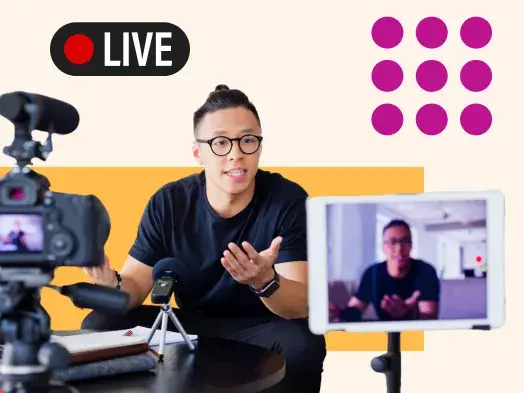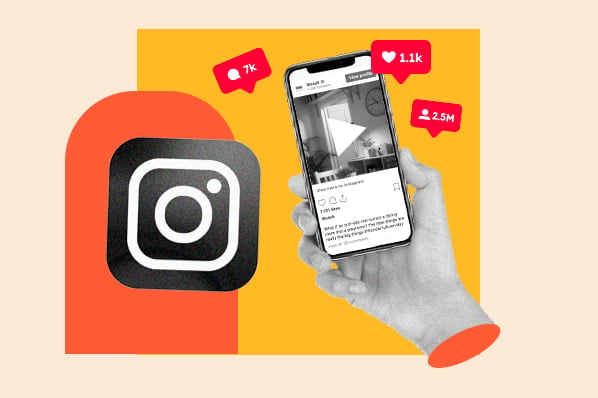You controlled this thing called the television by twisting its dial. If you didn’t like the program, you had the option to watch what was playing on another channel. You might have had up to three or four choices.
Of course, if you fast-forward to 2018, you can control the signals with remote controls, smart phones and your voice. But far more importantly, you now control:
- When you want to watch
- Where your want to watch
- On what device you want to watch
- And above all, what you want to watch
Speaking to the last point above, consumers can now find and enjoy content about any subject -- free, or paid, or both.
The definition of “television” you’ll find in the dictionary isn’t inaccurate today, but what we consume now is more often described as “video.”
A new form of freedom has kicked in. We care mostly about the content and enjoy insane new levels of choice for controlling how and when we consume it.
“Where’s video going” is a far more interesting question than “Where’s TV going.” And so I explored the topic by collaborating with my friends at Uscreen.tv where a new generation of video content creators go to sell lessons and programs about everything from learning magic, to mixing music, to training dogs and everything else you might imagine.
This development, OTT, or “over the top,” where content providers sell media directly to the consumer over the Internet (think Netflix), is just one of ten trends marking the rapid evolution of video. All of the trends have interesting implications for marketers, sellers, trainers, content creators, and consumers.
Let’s have a look at 10 trends streaming across the online video landscape.
Video Marketing






![The best social media platforms for video content in 2025 [consumer data]](https://53.fs1.hubspotusercontent-na1.net/hubfs/53/img-1-20250516-9399498.webp)


![3 Short-Form Video Trends Marketers Should Watch in 2025 [New Data]](https://53.fs1.hubspotusercontent-na1.net/hubfs/53/ft-short-form-video-trends.webp)
![Are In-Stream Video Ads Worth the Investment? [Benefits & Best Practices for Marketers]](https://53.fs1.hubspotusercontent-na1.net/hubfs/53/in-stream-video-ads-1-20250314-6407067.webp)
![45 Video Marketing Statistics for 2025 [New Data]](https://53.fs1.hubspotusercontent-na1.net/hubfs/53/video-marketing-statistics-1-20250227-6425117.webp)
![Why You Should Leverage Interactive Videos [Data from 500+ Marketers]](https://53.fs1.hubspotusercontent-na1.net/hubfs/53/interactive-video-1-20250216-406926.webp)
![Silent But Mighty: How Soundless Videos Are Winning Social Media [+ 2025 Data]](https://53.fs1.hubspotusercontent-na1.net/hubfs/53/Soundless%20Videos%20We%20Love.png)